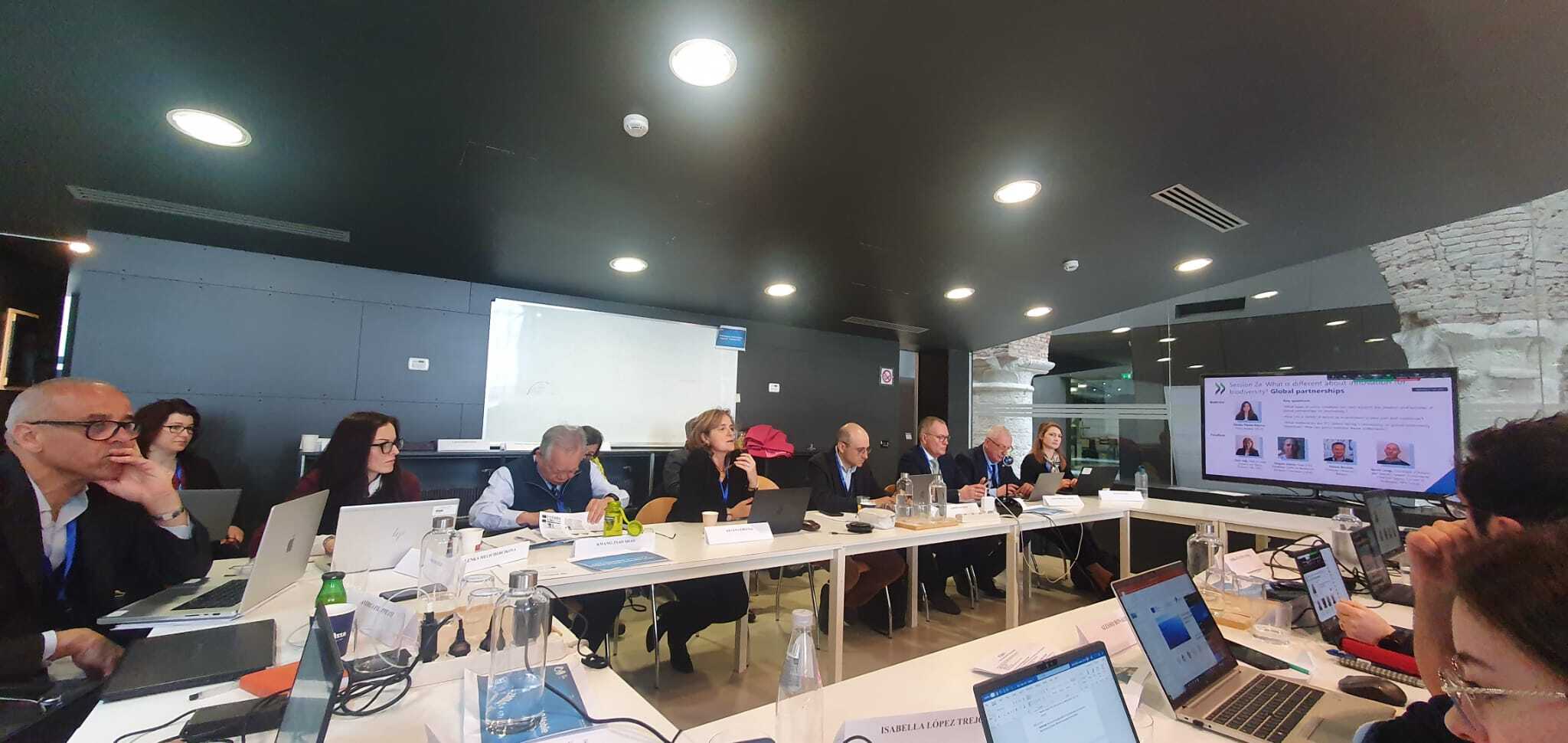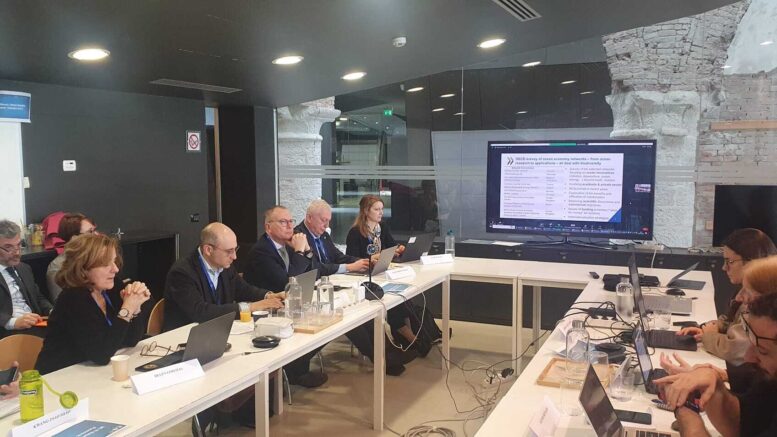From February 29 to March 1 we successfully organized a workshop titled “Harnessing Technology and Innovation Partnerships,” which took place at the Institute of Marine Sciences (ISMAR-CNR) in Venice. This event was a collaborative effort between the National Biodiversity Future Center (NBFC) and the OECD Working Group on Innovation and Technology Policy (TIP).

The workshop, which was part of a project launched last October, gathered crucial data on policy programs and business initiatives concerning science, technology, and innovation (STI) for biodiversity. One of the primary goals was to establish an international network of experts dedicated to sharing best practices in this field. Supported by the NBFC, the initiative also explored ways to integrate biodiversity considerations into innovation policy documents and highlighted the pivotal role of industry in these efforts.
Key outcomes and final considerations from the workshop are detailed in the publicly available final report, which underscores the necessity of a multidisciplinary approach and the integration of traditional knowledge systems alongside modern scientific insights to address biodiversity challenges effectively. The report can be accessed here: Biodiversity Workshop Summary March 2024.

These insights will contribute to the upcoming ministerial meeting of the Committee for Science, Technology and Innovation (CSTP), which is scheduled to take place from April 23 to 24 in Paris. This meeting will be prefaced by a “multi-stakeholder dialogue” on April 22, intended to foster discussions that will provide the OECD science and technology ministers with valuable perspectives to incorporate into the final ministerial declaration. This declaration will help shape the OECD’s trajectory on STI issues for the upcoming years.
The outcomes of the Venice workshop are set to play a crucial role in the discussions at the CSTP ministerial meeting, enhancing the foundational work of the TIP secretariat and its delegates on “Harnessing Innovation for Biodiversity.” This integration ensures that the project’s findings will have a tangible impact on future STI policies at an international level.




